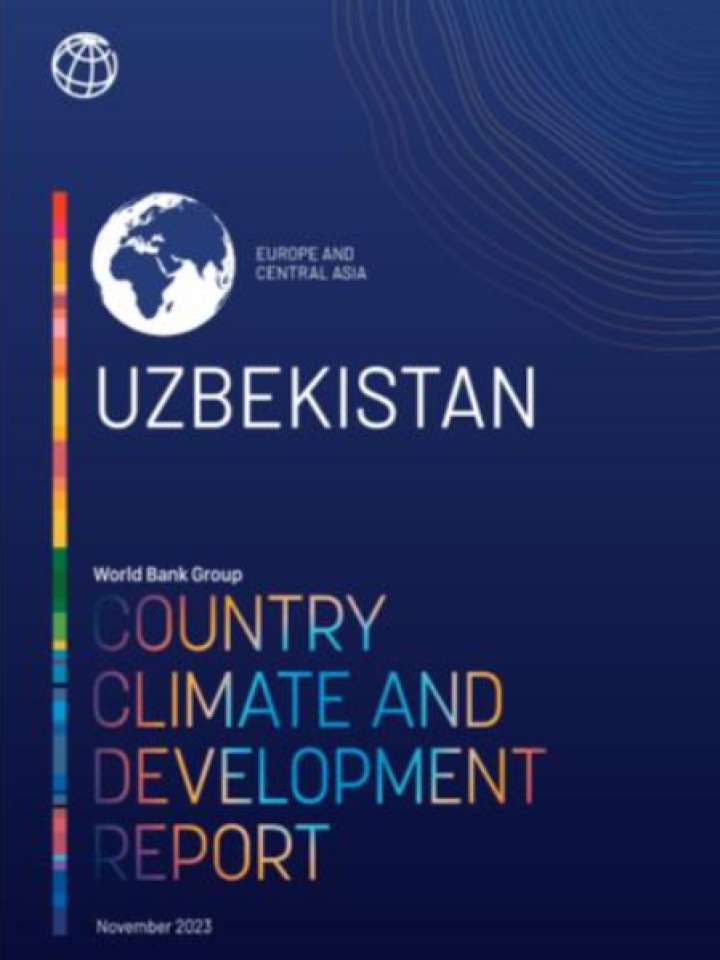Uzbekistan country and climate development report
This report explores how climate action, in line with Uzbekistan’s goal of achieving net zero emissions by 2060, interacts with the country’s growth and development path. It further suggests priority actions to reduce carbon emissions and build resilience while supporting inclusive economic growth and poverty reduction.
Key messages
- Setting a path to carbon neutrality by 2060 is ambitious, but achievable, and will support Uzbekistan’s near-term energy security needs and long-term growth prospects.
- Climate adaptation measures have strong induced economic and development benefits in Uzbekistan, making them worthwhile investments even without considering climate risks; the benefits of adaptation investments are two to three times higher than the costs.
- Accelerating the development of Uzbekistan’s private sector is critical to absorb the costs and take advantage of the opportunities of the green transition.
- Market incentives and financial market development will help bring in the private sector at scale and relieve burdens on public finances.
- Mitigation and adaptation policies need to be complemented with carefully designed and well implemented social protection policy packages to protect vulnerable groups from harm and to win broad support for policy goals.
- Skill development and climate action at the local level will be essential to enable a just transition for the people of Uzbekistan.
Explore further
